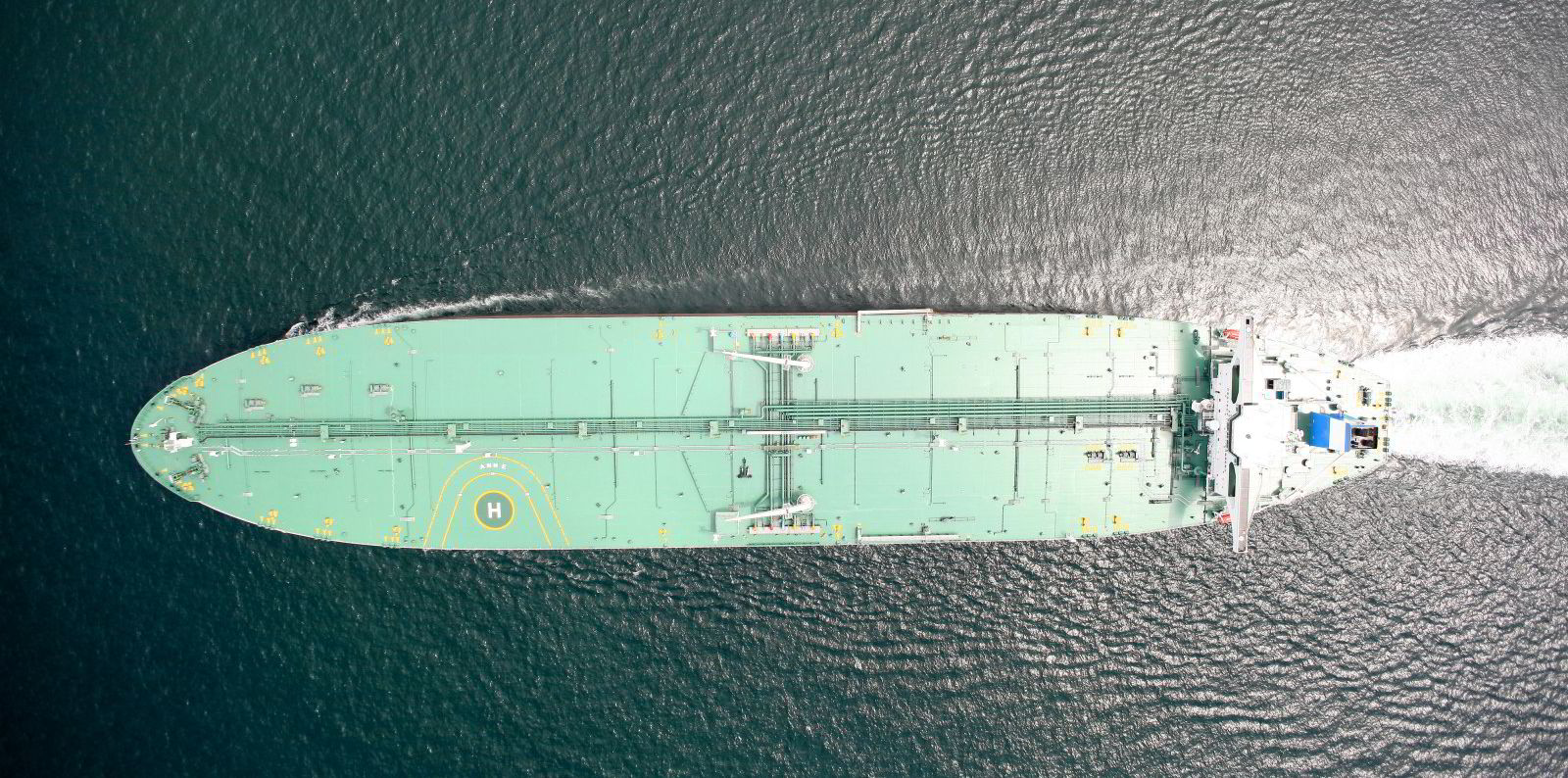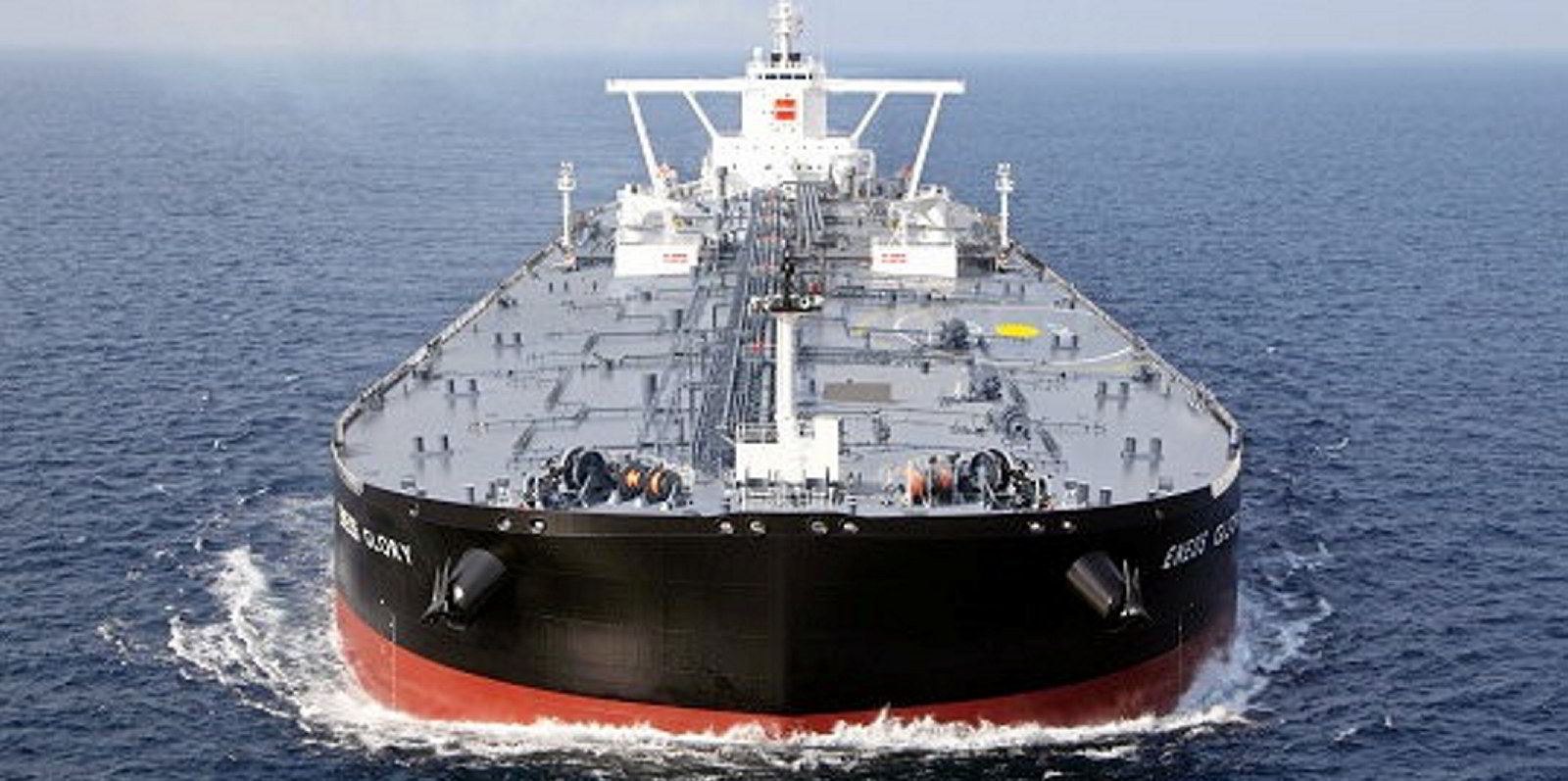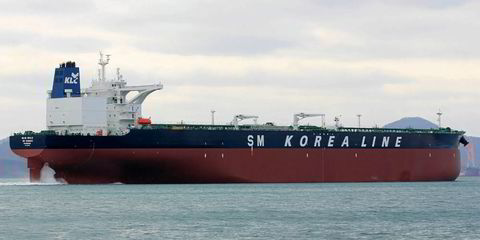Increasing oil demand in Japan means the country could once again be a "shipowners' dream", according to Poten & Partners.
Erik Broekhuizen, the US shipbroker's manager of marine research and consulting, said that in the 1970s and 1980s, Japan was a source of strength for shipping companies, as its rapidly expanding economy almost completely relied on imports of raw materials.
Before China took over in the early 2000s, Japan was the key driver of tonne-mile demand in Asia, dominating the LNG, iron ore and crude trades, he added.
The country's overall influence has since diminished, Broekhuizen believes, as China and India have overshadowed the land of the rising sun.
But the analyst said the importance of Japan for the global tanker market is not to be underestimated.
The country still generates 8% of global crude oil tonne-mile demand and after hitting a rough patch during the pandemic, Japan’s oil demand has staged a strong recovery in recent months, Broekhuizen explains.
"Since Japan's imports are largely done on Japanese-controlled tonnage, the increased activity is not immediately apparent in the tanker spot market," he said.
Affect could yet be felt
"However, if this pickup in oil imports continues, it can be an important driver for overall tanker demand [and rates] in the coming months," he added.
The Poten executive said Japan will remain vital for VLCCs in particular.

An energy supply crunch partly driven by high gas prices has triggered what Broekhuizen called a massive switch to oil products and crude.
At 30 GW, Japan is the world's largest user of oil-fired power capacity. On top of that, Japan has some 10 GW of dual-fired capacity that can switch from gas to oil and another 8 to 10 GW of deactivated power plants which could use oil.
Four of the seven largest oil-fired power plants in the world are located in Japan. The other three are in Saudi Arabia.
The International Energy Agency has said that provisional August data already indicates that there is "some unseasonably high" demand for oil from Asian countries including Japan.
Japanese October imports could hit 3m barrels per day (bpd), the biggest figure since before the pandemic.
Winter boost?
"If normal seasonal trends hold this year, November and December imports should be even higher. Since Japan sources about 80% of its crude oil from the Middle East [primarily Saudi Arabia and the United Arab Emirates], this bodes well for long-haul tanker demand," Broekhuizen said.
He forecasts that world demand could receive a 70,000 bpd boost from the power sector.
But what of the longer term?
Over the past 20 years, Japan's oil demand has been gradually declining, from 5.48 bpd in 2000 to 3.74m bpd in 2019.
But Broekhuizen added: "As a country, Japan remains very dependent on fossil fuels and that seems unlikely to change in the short term."
Renewable output is growing, but Japan's mountainous geography makes it difficult to build large solar and wind farms, the analyst said.
Broekhuizen predicted: "In the longer term, tanker tonne miles will be underpinned by continued strong demand for oil in Japan."







